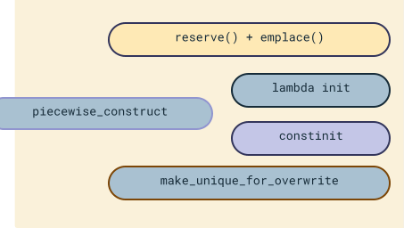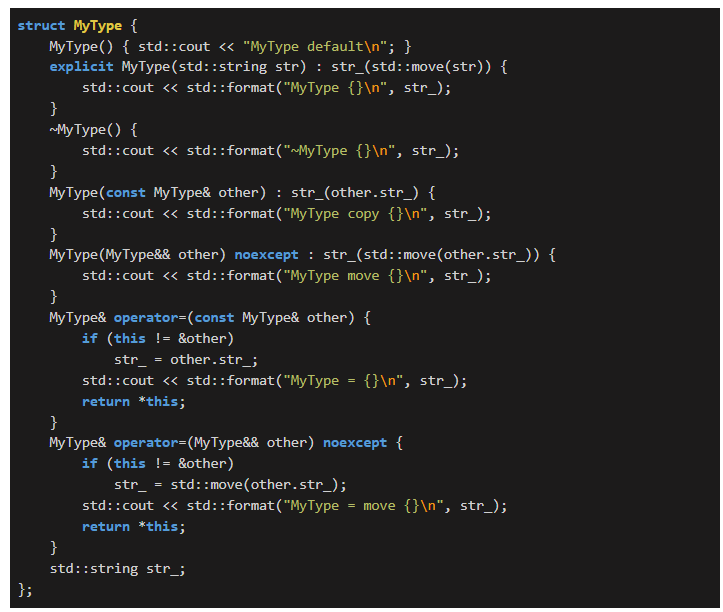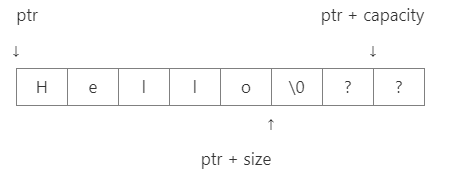CppCon 2023 std::simd: How to Express Inherent Parallelism Efficiently Via ... -- Matthias Kretz
 Registration is now open for CppCon 2023! The conference starts on October 1 and will be held in person in Aurora, CO. To whet your appetite for this year’s conference, we’re posting some upcoming talks that you will be able to attend this year. Here’s another CppCon future talk we hope you will enjoy – and register today for CppCon 2023!
Registration is now open for CppCon 2023! The conference starts on October 1 and will be held in person in Aurora, CO. To whet your appetite for this year’s conference, we’re posting some upcoming talks that you will be able to attend this year. Here’s another CppCon future talk we hope you will enjoy – and register today for CppCon 2023!
std::simd: How to Express Inherent Parallelism Efficiently Via Data-parallel Types
Monday, October 2 • 15:15 - 16:15
by Matthias Kretz
Summary of the talk:
C++26 is on route to ship `std::simd`, a facility for expressing data-parallelism via the type system, based on experience from `std::experimental::simd` (Parallelism TS v2). Data-parallel types have the potential to replace many uses of built-in arithmetic types with their `simd` counterpart in compute-intensive workloads, promising factors of speed-ups without algorithmic changes.
This talk presents how data-parallel types are designed to be more than just a thin wrapper around SIMD registers and instructions. They are designed to facilitate generic code, work/integrate with standard algorithms, etc, all while translating into efficient use of parallel execution capabilities. More important, data-parallel types are not "just another way to express data-parallel execution", they also provide new ways to design data structures for efficient memory access (high-throughput without sacrificing locality) using data-structure vectorization. The talk features examples of efficient use of `std::simd`.

 From dynamic container operations to compile-time constants, C++ offers a variety of techniques. In this article, we’ll delve into advanced initialization methods like
From dynamic container operations to compile-time constants, C++ offers a variety of techniques. In this article, we’ll delve into advanced initialization methods like
 Registration is now open for CppCon 2023! The conference starts on October 1 and will be held
Registration is now open for CppCon 2023! The conference starts on October 1 and will be held  Registration is now open for CppCon 2023! The conference starts on October 1 and will be held
Registration is now open for CppCon 2023! The conference starts on October 1 and will be held  The C++ standard library type
The C++ standard library type  Registration is now open for CppCon 2023! The conference starts on October 1 and will be held
Registration is now open for CppCon 2023! The conference starts on October 1 and will be held 
 Registration is now open for CppCon 2023! The conference starts on October 1 and will be held
Registration is now open for CppCon 2023! The conference starts on October 1 and will be held  Registration is now open for CppCon 2023! The conference starts on October 1 and will be held
Registration is now open for CppCon 2023! The conference starts on October 1 and will be held  Registration is now open for CppCon 2023! The conference starts on October 1 and will be held
Registration is now open for CppCon 2023! The conference starts on October 1 and will be held